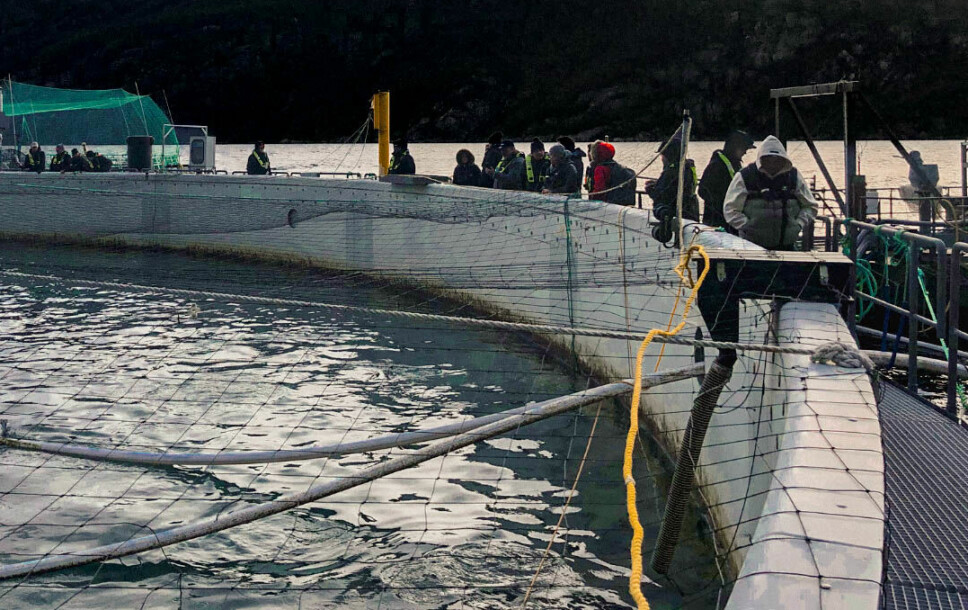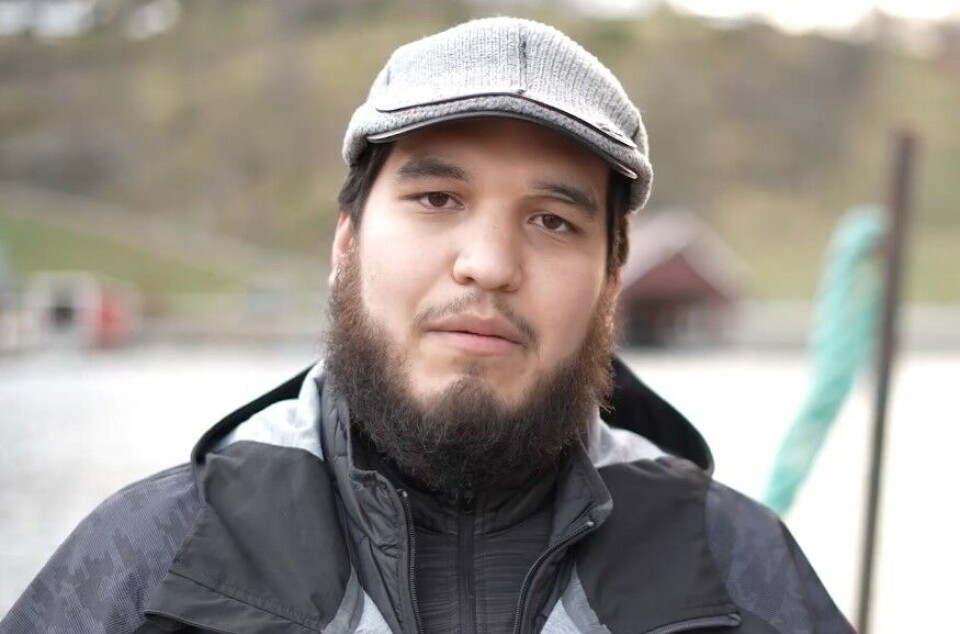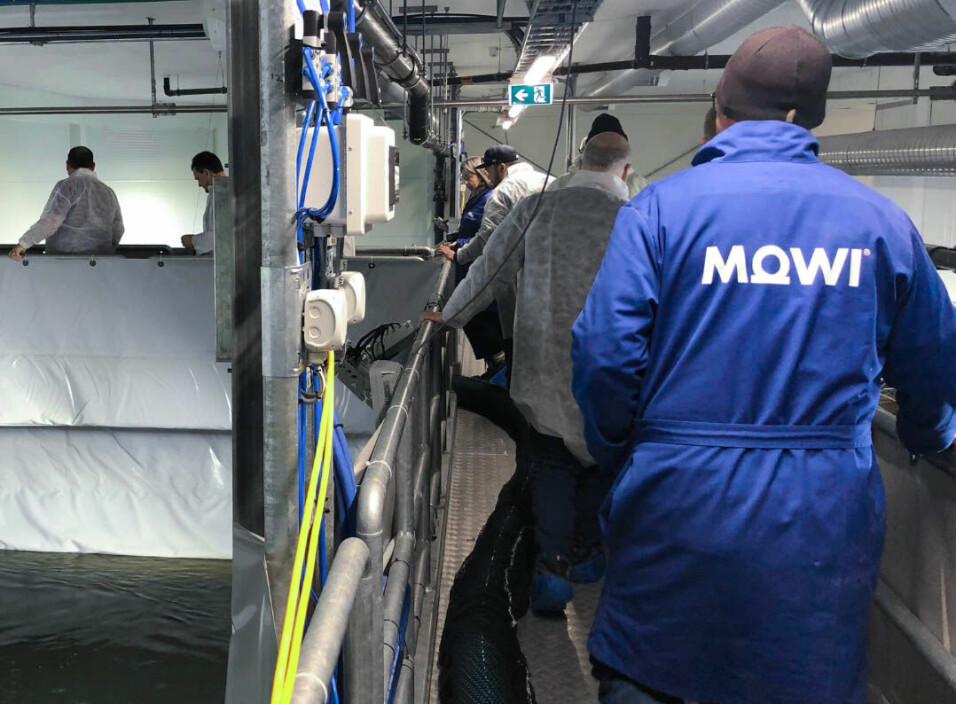
First Nations shown ways forward for fish farming
British Columbia delegates visit Norway to view potential candidates for province’s ‘transition’
Delegates from eight First Nations in British Columbia have visited Norway to see some of the technology that they may want to use to farm salmon in their territories as part of the Canadian government’s drive to transition to new methods.
The 14 delegates were hosted by Mowi, one of three major Atlantic salmon farmers operating in BC, and saw operations in Mowi Norway’s southern region.
The trip highlighted innovations and technologies at several different phases:
- technologies on the horizon for development,
- currently testing,
- tested and not passed to operational implementation,
- early stages of operation,
- well-established innovations (such as value-added extraction of omega 3 oils).
Global perspective
Mowi Canada West managing director Diane Morrison said: “It’s very important to our company that Rights holders have the opportunity to see salmon farming in a global perspective. We are pleased to support this latest trip which can help to inform community discussions about the evolution of salmon aquaculture in their territories.”
First Nations that farm salmon in BC in conjunction with Mowi, fellow Norwegian company Grieg Seafood, and Japanese-owned Cermaq, will play a major role in what transition looks like.

The delegates included Kitasoo Xai’xais councillor and Kitasoo Development Corporation general manager, Isaiah Robinson, who narrated a short video about the visit to Norway for members of the Nation. The Kitasoo Xai’xais started their own fish farming operation in the 1990s and have been farming in conjunction with Mowi for more than 20 years.
Transition plan
“We’re visiting Mowi right now to review technology and innovation opportunities that could be possible in Canada. We will be reviewing these opportunities over the next several days and reporting back to the Nation,” said Robinson.
“This exploration of innovation and technology is extremely important in regards to the overall finfish transition plan that’s currently in place with the Department of Fisheries and Oceans.
“This overall transition plan is salmon farming on your terms. We’re searching for what you would like to see come from Mowi, so if you have feedback or comments or questions, please let us know. We really look forward to getting together as a community to have this good discussion.”
Crucial role
First Nations involved in salmon farming have played a crucial role in changing the thinking of federal government ministers who at one point wanted to remove all salmon farms from the water in BC and transition the industry to on-land production, partly to comply with the wishes of other Nations who blame the industry for a decline in wild salmon populations.
In December 2020, the then fisheries minister Bernadette Jordan ordered the arbitrary closure of 19 farms in the Discovery Islands despite evidence from her own department’s scientists that they posed only a minimal risk to wild fish.
And earlier this year it appeared that her successor, Joyce Murray, was contemplating not renewing licences for 79 more farms.
This led to the formation of the Coalition of First Nations for Finfish Stewardship (FNFFS), which includes the Kitasoo Xai’xais, whose members insisted that it was their right to choose whether fish farming was carried out in their territories, and what form of transition they wanted.
Murray has since renewed the farm licences, albeit only for two years, and conceded that transition does not mean moving all fish farming into land-based facilities.
A dark era
For the Kitasoo Xai’xais, which has a population of 400 in community and 550 in total membership, fish farming is a financial and literal lifeline.
In a video made earlier this year, Robinson said: “Our own economic determination is so crucial for our success. Within my community we had a very dark era. The thing that’s not really been said is that [during that] dark era we had tons of suicides. It was a really dark and sad times because there was just nothing to do in this remote community. And so, when it comes to those unfortunate times, I would like to emphasise that we haven’t had a suicide in those 20-plus years since we’ve had this partnership [with Mowi].
“This industry keeps our people very busy, and I hear that from other chiefs (in the coalition). Mowi and the other aquaculture companies are saving us from another era of sadness and darkness which as a councillor I don’t want to ever deal with.”























































